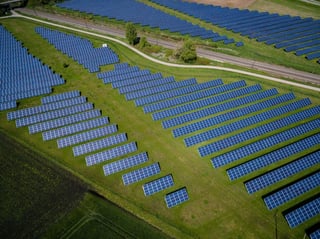Pivotal180 Newsletter November 2021
By Alison Leckie | February 16, 2022
|
In this newsletter:
|
|
|

Alison Leckie
Complexity simplified.
Advisory, financial modeling, and training courses within climate change, sustainable finance, renewable energy, and infrastructure.
We don’t just teach you how to build models. We teach you how to do deals.


 Learn how to develop a best-practice financial model and optimize it for both debt and equity investors for a renewable energy project finance deal. Using a case study, participants learn the concepts required to develop a financial model related to wind and solar.
Learn how to develop a best-practice financial model and optimize it for both debt and equity investors for a renewable energy project finance deal. Using a case study, participants learn the concepts required to develop a financial model related to wind and solar.
